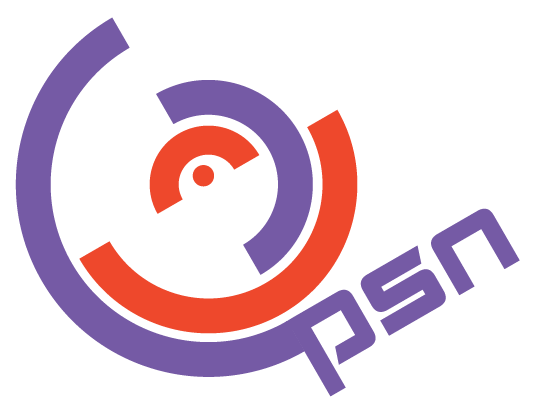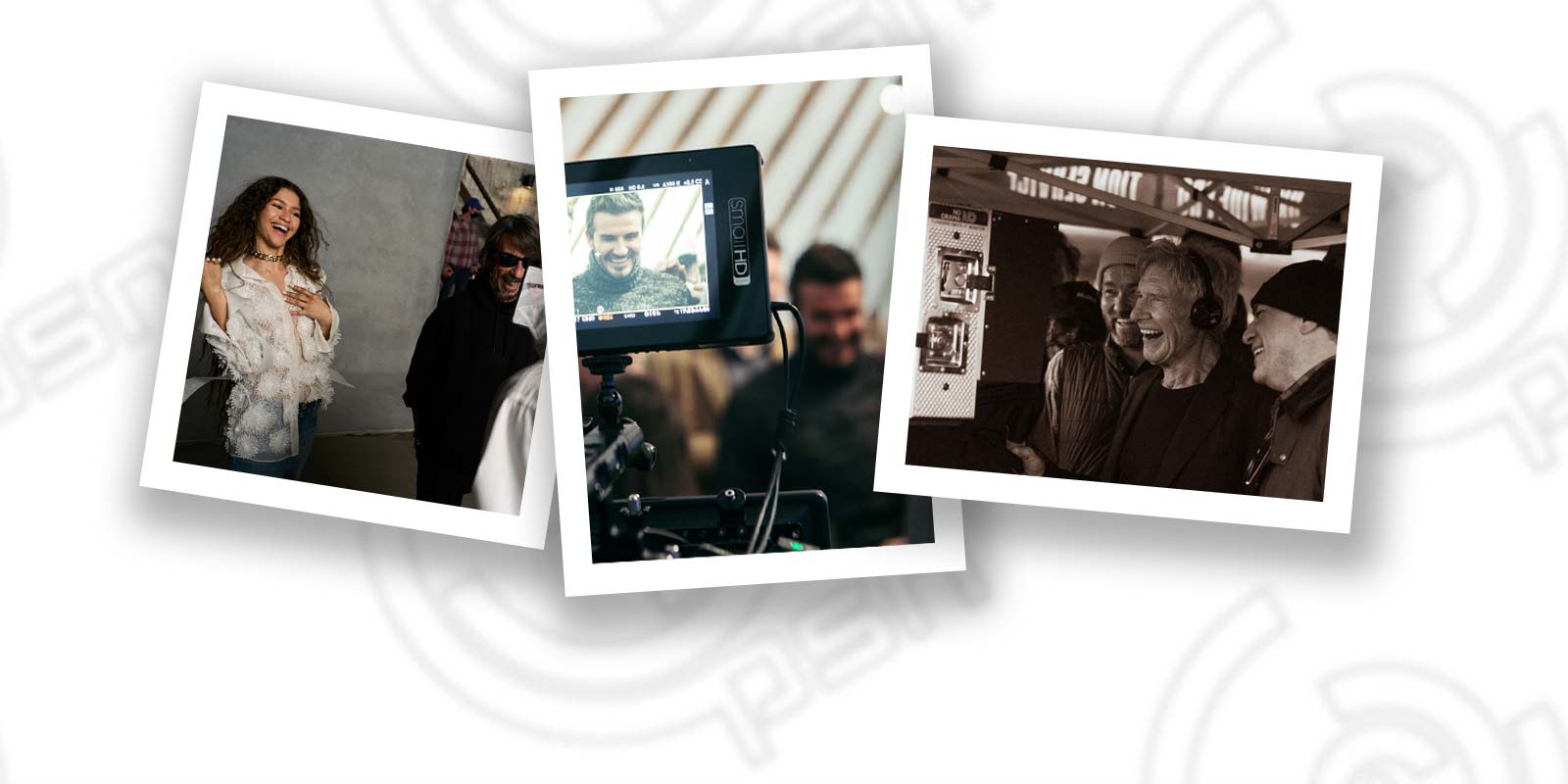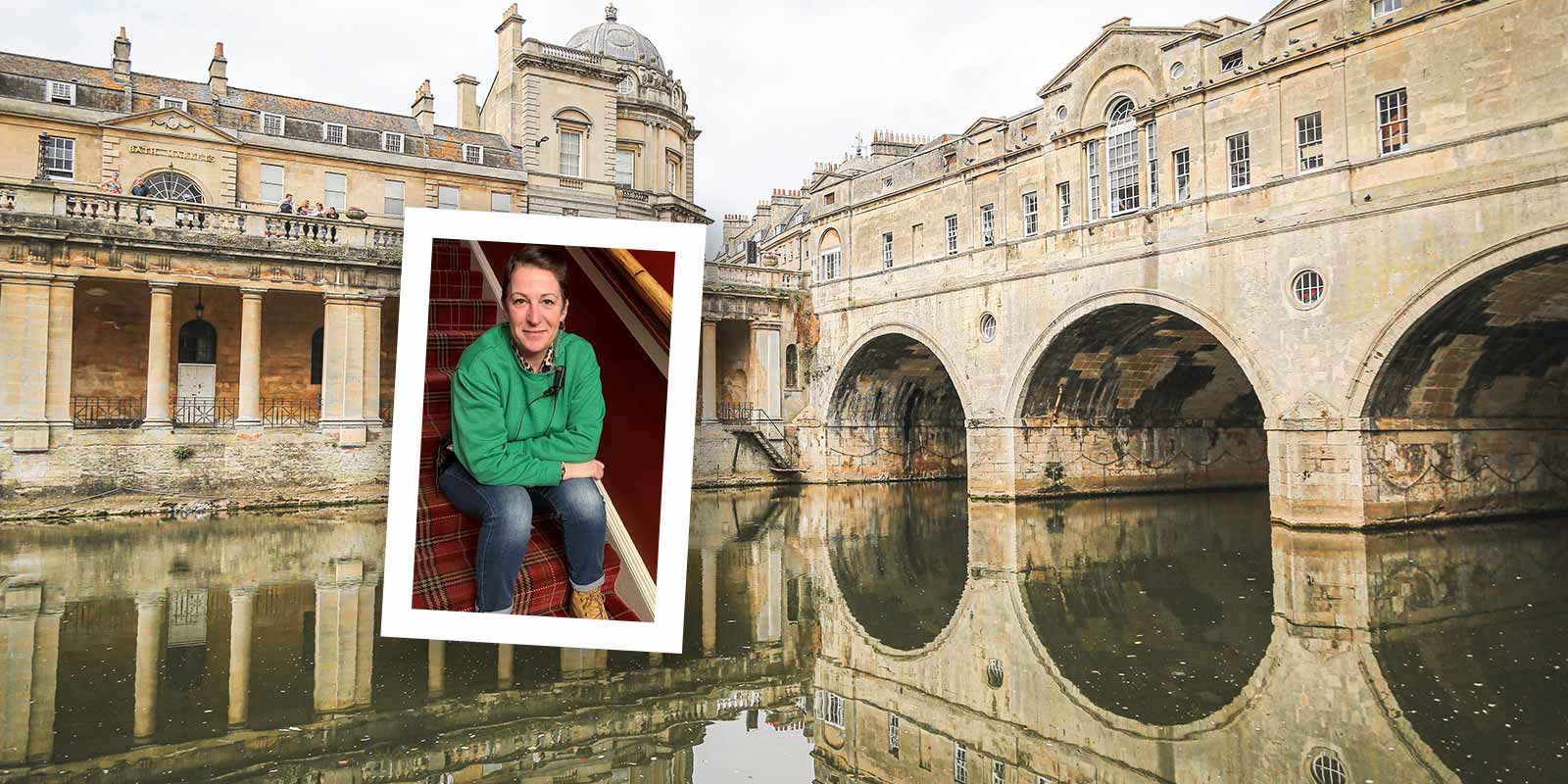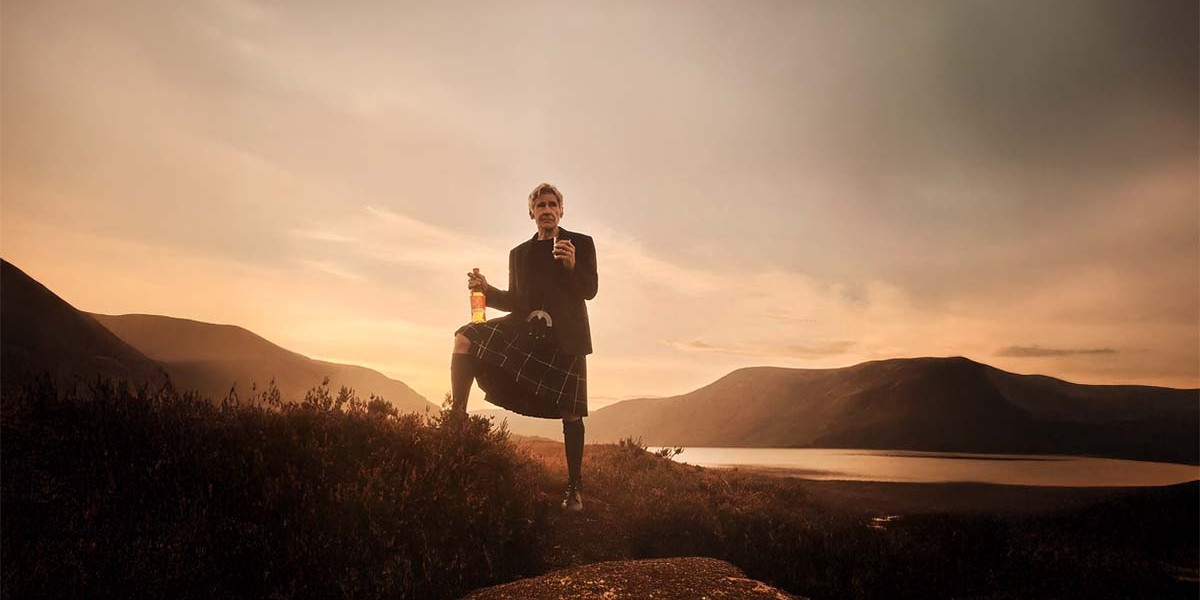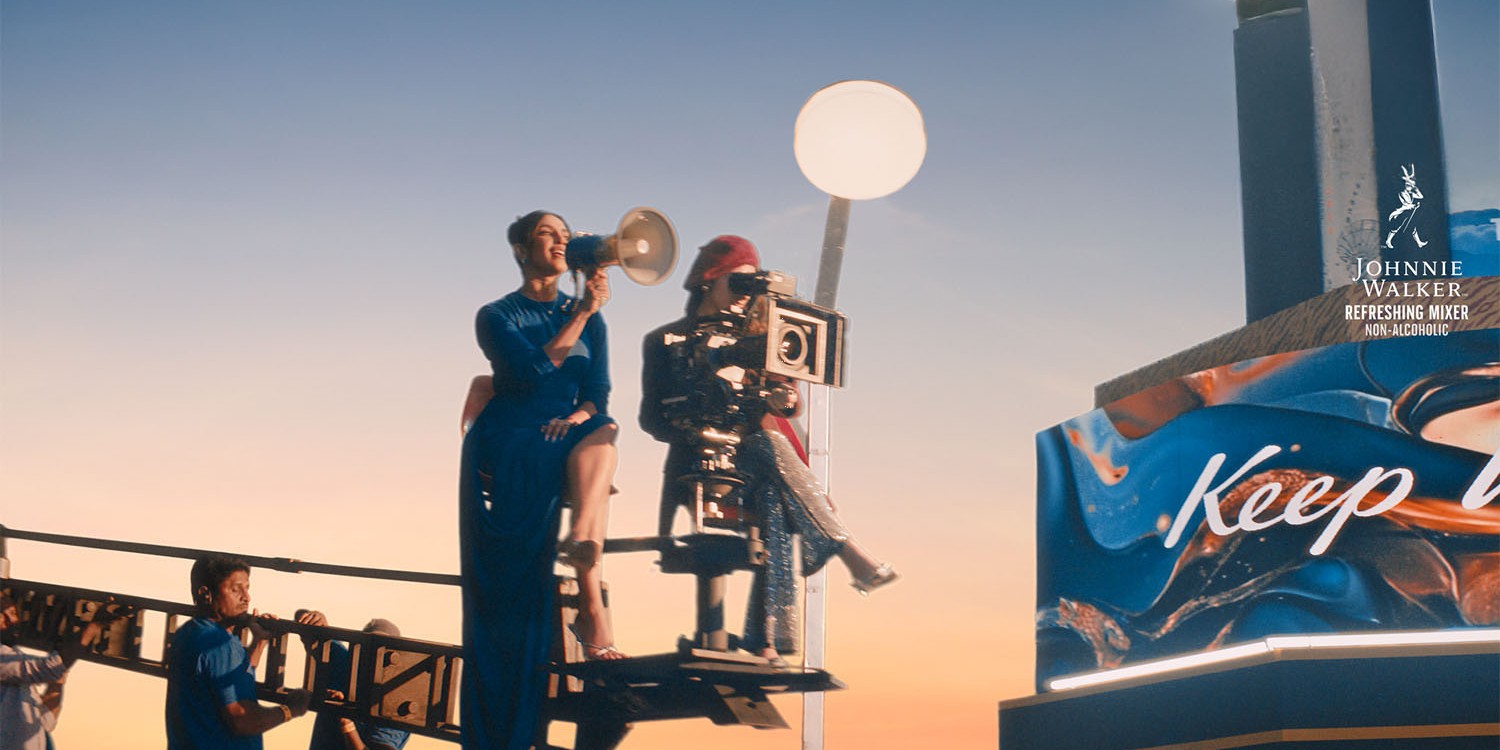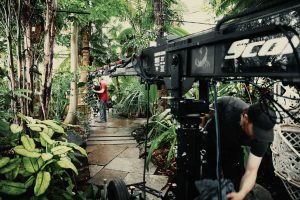Nicolas Bétrancourt serves up production services in France with the knowledge and experience gained producing his own projects worldwide. As the PSN France Partner, he offers a few keys to successful production in France in this recent discussion.
Q: Nicolas, what could be the best reasons to shoot in France?
A: Well, there are too many to list here but…seriously, French locations are renowned worldwide. Of course, one may think about our historical monuments, Paris the romantic city, etc. But think about the Alps, the wild shores of Brittany, the wide beaches of Normandy, and the contemporary buildings. I know of at least 20 cities where we could easily shoot cinematic sequences!
Q: But in France the problem is still the language, isn’t it?
A: Ah! While that was true 10 years ago, our crew nowadays are almost all fluent in English. The young guns, new generation travels quite a lot. Many DOP’s, steadycams, and post-production folks are well-known abroad, and that’s thanks, in part, to being able to work in English.
Q: Could you tell us about particularly strong departments in France?
A: Of course! Consider hairdressers and make-up artists, for example. Hundreds of stars come to France for the Cannes Film Festival every year and walk along the Palais des Festivals stairs with style. They know that our staff is creative, dedicated, and supportive. Plus the best brands in make-up are French! There is also the food culture… An asset of our country, French food stylists are top guns for sure!
And let’s not overlook our CGI culture. France has the most advanced CGI artists in the world. Have a look at the end credits of Hollywood blockbusters or animation films, and you’ll find French troops credited.
Q: Ok, as we’re talking about specialists here, what about DOP’s?
A: I don’t mean to sound partial, but French DOP’s from the new generation are amongst the best worldwide. The schooling is very demanding and filled with fine art notions from painting, photography, sculpture, colors study, and so on. The fact that France develops a lot of new tech in lenses, cameras bodies, lights, and more is reflective of this. And talking about DOP’s, I have to say that our steadycam operators are really good. At least 5 of them are ranked in the world’s top 20.
Q: Does France have large studio space? How about back lots?
A: Our history from the Frères Lumière is made of cinema. We had the famous Boulogne studios now used for TV shows, and, thanks to Luc Besson, we have the Cité du Cinéma in Paris, an entire city dedicated to our art. Of course, if you prefer to shoot more south, you may find in Nice the Studio Riviera appealing, at over 70,000m2! Les Studios de Marseille are also vast and very professional. Do not be concerned of distances between cities, our fast train TGV links all major cities in 3h time maximum!
Q: What are the strong and weak points of casting in France? Do you have a wide array of ethnic diversity?
A: France is an ethnic mosaic made of people from the Caribbean to South-East Asia. The French youth populating our streets are a strong and beautiful reflection of our nation’s more recent history. The street culture pulses with the energy of dancers, parkour, skaters, bikers, and specialists of most every new sport imaginable. Of course, we haven’t lost the elegance of our French women either. « So French » in a way!
Q: How would you highlight the seasonal offerings in France?
A: Well, yes, we have seasons, 4 to be precise! But seriously, there are many regional variations to consider. From March to October, the sunny south of France on the Mediterranean Sea is home to lavender fields, sunflowers, poppies, and the Camargue wildlife sanctuary, where you can find pink flamingos, white horses, dark bulls, and rice swamps. If you need snow in the mountains, we can go to Mont-Blanc or the Pyrenees on the border with Spain nearly all year long. If autumn and red-orange woods are required, in Sologne or Marais Poitevin you will find endless nature. Winter brings the drama of big waves and dark skies to classical setting of Biarritz or wild outposts in Brittany. Multiply the four seasons by a hundred different settings in France, and you begin to get the picture.
Q: Are there any tricky production requisites in France that we need to know about?
A: Tapping into the full potential of incentives requires a bit of study. If there is a coproduction between a French company and a foreign company, the first can get tax credits up to the amount of the 30% of the final costs. This is possible only for movie production (not advertising). Furthermore, it is also possible to get state and regional funding, but there are many bureaucratic rules to follow so it is best to plan properly timewise for this approach. Tax credits and funding are usually released upon presentation of all papers at the end of the production. Actual receipt of payments can take time. As a general consideration, producers need to keep in mind that there’s no better solution to cost savings than working together. I’ve had cases where dialogue and dealing have trimmed local costs up to 20%! Apart from talent, this can also apply to crew for particular projects. My crew know I am fair with them and that I ask for adjustments to fit a project.
Q: What else does France have to offer to the most demanding of producers from all over the world?
A : Wine! No doubt! White, red, rosé, Champagne, Cognac… Exquisite tastes for every palate. Plus, wine has this incredible power of bonding people in a warm and friendly atmosphere. One more reason to return time and again to shoot with us.
Nicolas Bétrancourt
Veteran producer Nicolas Bétrancourt brings the world to France. Decades of experience shooting award-winning commercial films and music videos in his home country have served him well during recent years dedicated to providing great crews, amazing natural sets, and the guilty pleasure of a glass of wine or two or three with filmmakers and photographers from all over the planet. Because what’s the point of shooting in France if you don’t enjoy wine at the end of the day, honestly?
Nico, as he is widely known, was born in Le Havre, France, in the 60’s. Facing Southampton, not so far from Liverpool, he could be considered the 6th or 7th Beatle. Really! His choice of images over music may have cost recording studios a rising star, but the film industry got a hell of a producer instead.
As a young producer, Nico surfed the late 80’s wave of advertising and music videos working at Premiere Heure, the hippest production company in town. This fiery chap got involved in no less than a thousand of ad films and music videos and even won the very first award for a music video in France.
Later established with a bunch of mavericks under the famous flag « C’est La Vie Productions » in Paris and London, Nico enlivened the 90’s with the most popular music videos and advertising films of the decade.
But as most all great rock’n’roll bands, C’est La Vie Prod’s skyrocketing success sputtered out, and Nico took his life back as he embarked on a new millennium.
